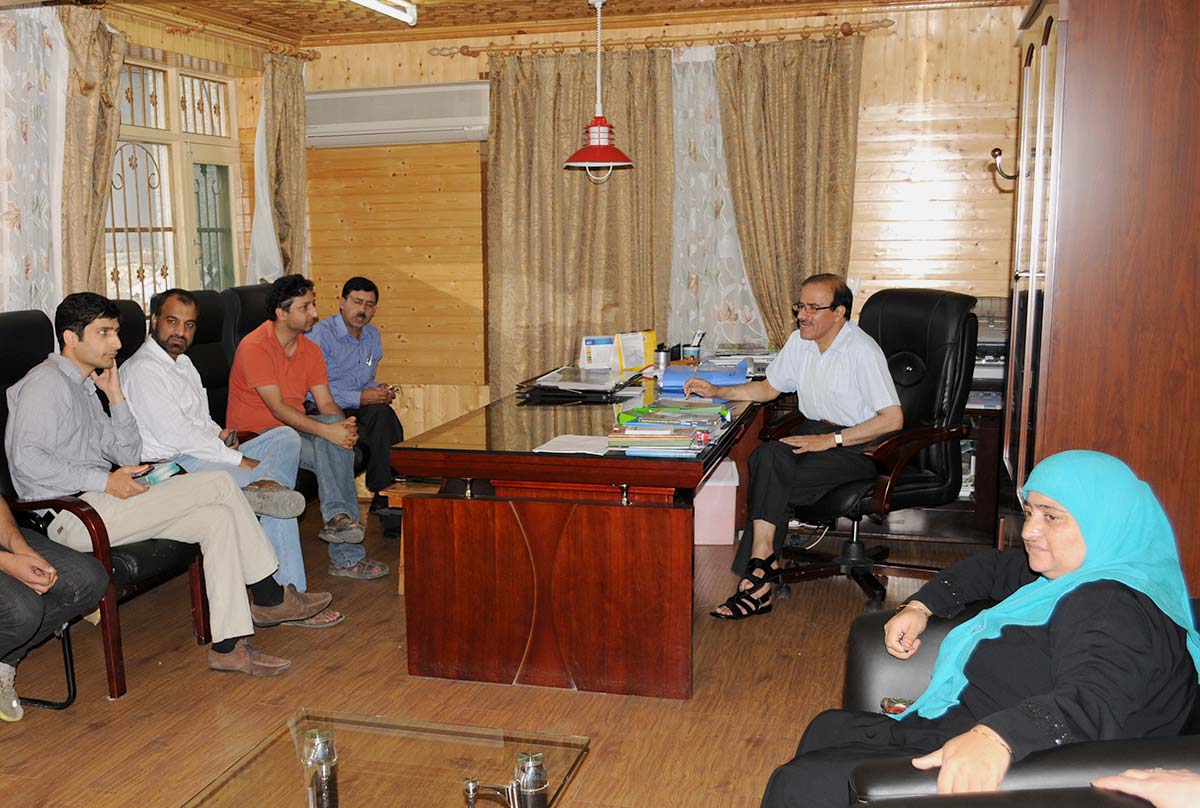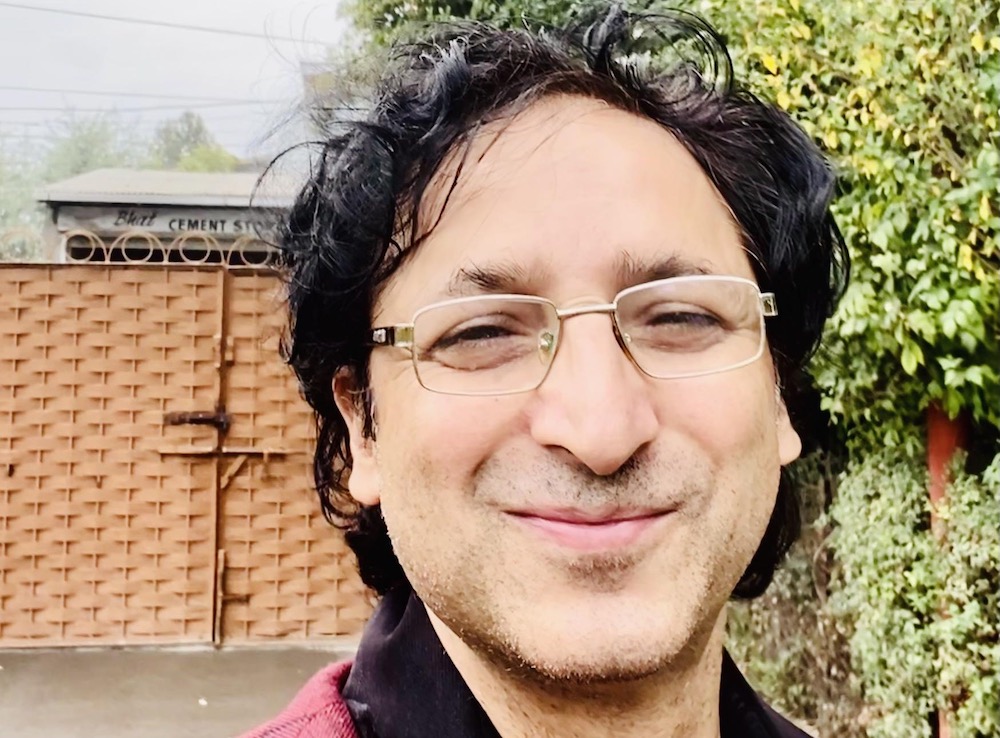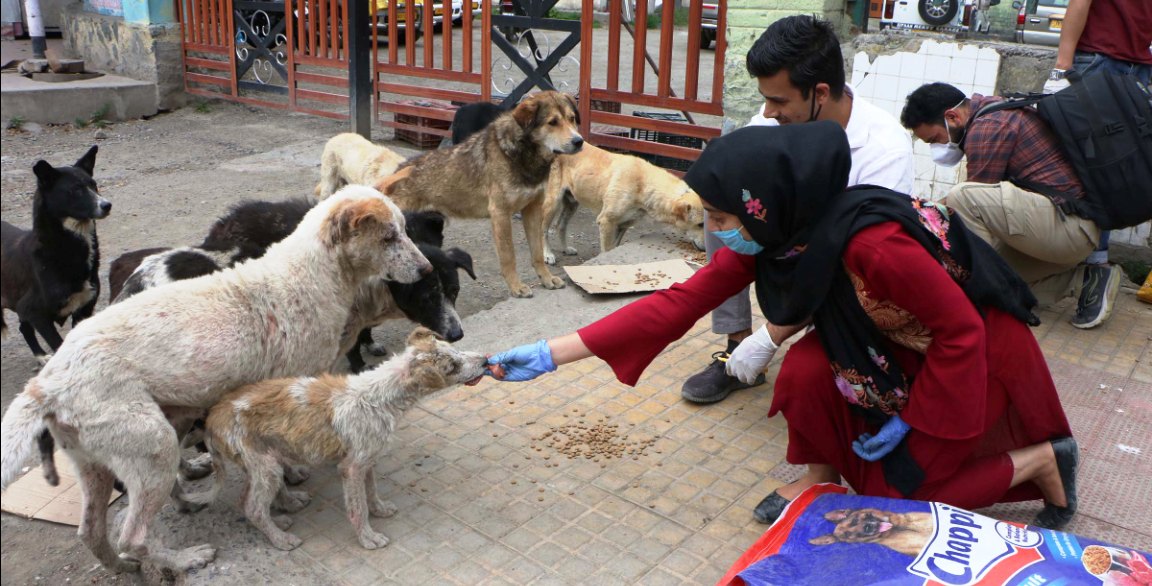SRINAGAR: Jammu and Kashmir has a huge mental health burden according to mental health experts. The authorities have tried to address and reduce the mental health treatment gap by increasing the number of trained mental health professionals and exploring the potential of telepsychiatry, a new study reveals.

The paper titled Reducing the mental health treatment gap in Kashmir: scaling up to maximise the potential of telepsychiatry published in the latest issue of The Lancet, authored by Arshad Hussain and others suggests scaling up telepsychiatry especially in Jammu and Kashmir to fill the gap.
To tackle mental health morbidity, the study suggests scaling up telepsychiatry.
“It is especially relevant in regions such as Jammu and Kashmir that have faced political conflict and natural disasters such as earthquakes, floods, and including impacts from the ongoing Covid19 pandemic,” the study reveals.
A professor and psychiatrist at IMHANS, Hussain writes in the paper that policymakers have also initiated the Tele MANAS centre in Kashmir, where mental health needs are being prioritised by introducing more professionals who can provide services in local Kashmiri and Urdu languages.
The other co-authors of the April 26, 2023 research include Bhupinder Kumar, Manasi Kumar, and Fazle Roub.

A nationwide initiative, the provision of free round-the-clock telepsychiatry services via Tele-Mental Health Assistance and Nationally Actionable Plan through States (Tele-MANAS) and a mobile app called MANAS Mitra, has been successful.
“Since its launch on 4th November 2022, the centre has received 4000 calls as people with mental illness from every district of the Union Territory are seeking professional help,” the paper reveals.
According to the study, these numbers convey the enormous demand and needs but also show that TELE Manas is acceptable to people and they are initiating contact with mental health providers.
“Every Tele MANAS centre would have the facility of trained psychiatrists and counsellors who would refer the patients in acute psychological distress to locally available Government runs mental health centres in case the need arises so,” according to the study.
“The current step is expected to ensure cost-and-time-effective and comprehensive services for the poorly served population of the region, strengthening mental health, an area that has been historically neglected in Jammu and Kashmir,” according to the study.
Mental health across the country remains a major concern because of myriad of challenges such as poor awareness of mental illness, stigma, high treatment gap and shortage of mental health professionals to manage widely prevalent mental illnesses.
The National Mental Health Survey of India reported that the point prevalence of any mental illness was 10.6 per cent while 5.1 per cent of the adult population was estimated to have some level of suicidality.
“Between 2012 and 2030, mental illnesses would cost India 1.03 trillion US dollars. The scenario is complicated by a very high treatment gap of 83 per cent along with only 0.75 psychiatrists per 100,000 population, even though the WHO desires at least three psychiatrists per 100,000 population,” the study predicts.
Similar efforts are made by WHO special initiative for mental health (2019–2023) which is targeting Bangladesh, Jordan, Paraguay, the Philippines, Ukraine, and Zimbabwe, the study reveals.
On the flip side, the paper’s lead author, a senior psychiatrist, has celebrated the publication of his paper in the prestigious Lancet. Though more than 100 of his papers have been published on different aspects of the mess he and his team have been tackling, this is the first that Lancet published.
“When I joined Psychiatry Lancet seemed stones through, I was on the path to full fill my dream, I got a Fogarty Fellowship at St Louis Washington Med School, Japanese Society of Psychiatry and Neurology Fellowship and many travel Bursaries based on my research ideas, but destiny had other plans,” Arshad wrote on his Facebook. “I was challenged with changing the face of psychiatry in Kashmir with my colleagues and teachers we turned a burnt asylum into the Institute of Mental Health from the smallest department in GMC to one of the largest departments, it took some doing and always makes me feel accomplished, credit for this goes to every psychiatrist who worked there with zeal and enthusiasm.”
He added: “I did publish 100 odd papers but that never gave me a thrill because I never saw my name in Lancet. But today it happened even though nothing great, but the child within me is excited.”















